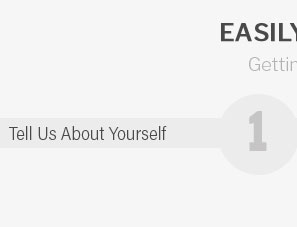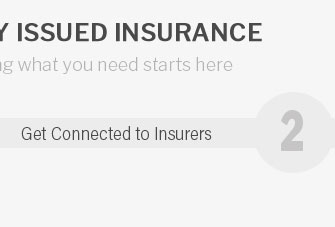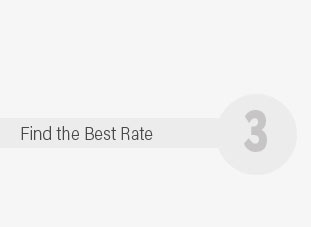 |
 |
 |
|---|
 |
 |
 |
 |
|---|
 |
 |
 |
 |
 |
 |
|---|

Exploring the Dynamics of Free Insurance QuotesThe concept of obtaining free insurance quotes has gained significant traction in the modern consumer landscape, where information accessibility and decision-making speed are paramount. In essence, a free insurance quote provides potential policyholders with an estimated cost of insurance coverage, allowing individuals to compare different policies and make informed decisions without any initial financial commitment. This service is typically offered by most insurance providers and brokers, as well as through dedicated comparison websites that aggregate quotes from multiple companies, making it easier for consumers to navigate the often complex world of insurance. One of the primary advantages of free insurance quotes is their ability to empower consumers with choice and transparency. By providing detailed cost breakdowns and coverage options, these quotes enable individuals to tailor their insurance plans according to personal needs and financial constraints. This is particularly beneficial in a market where insurance policies can vary greatly not only in terms of price but also in terms of coverage specifics and exclusions. For instance, a consumer looking for auto insurance may find that while one company offers a lower premium, another may offer more comprehensive roadside assistance, thus allowing for a more nuanced decision-making process. Moreover, the digitalization of the insurance industry has revolutionized how quotes are obtained. Many insurers now offer instant online quotes, which can be accessed by simply entering basic personal and vehicle information into a web form. This immediacy and ease of access cater to a growing demographic of tech-savvy consumers who prefer handling transactions and research online, saving them time and effort traditionally spent on phone calls or in-person visits to insurance offices. However, while the benefits of free insurance quotes are evident, there are also potential drawbacks to consider. One significant concern is the accuracy of these estimates. Since quotes are based on preliminary information provided by the consumer, any inaccuracies or omissions can lead to discrepancies between the quoted price and the actual premium once all factors are considered. Furthermore, the use of comparison websites, while convenient, may sometimes lead to information overload or the temptation to select a policy based purely on price, potentially neglecting other critical factors such as coverage limits and customer service quality. Another subtle issue is the potential for personal data exposure. Obtaining a quote typically requires sharing sensitive information, such as contact details and social security numbers, which could be vulnerable to misuse if not handled by reputable and secure platforms. This necessitates a degree of caution and due diligence from the consumer to ensure that their data is protected and only shared with trustworthy entities. In conclusion, while free insurance quotes offer significant advantages in terms of convenience, choice, and cost transparency, they are not without their challenges. Consumers must remain vigilant about the accuracy of the information they provide and the security of the platforms they use. Ultimately, these quotes serve as a valuable tool in the insurance shopping process, but they should be used as part of a broader strategy that includes thorough research and consultation with insurance professionals to ensure the best possible coverage decisions are made. https://www.libertymutual.com/homepage/returning
Shop for a variety of insurance at Liberty Mutual and get a free quote. Bundle your coverage to get discounts on auto, home, life, renters, motorcycle, ... https://www.directauto.com/get-auto-quote
Get your free insurance quote online, by phone at 1-877-GO-DIRECT, or at a neighborhood location to see how much you could save on car insurance today! https://www.thehartford.com/aarp/car-insurance/car-insurance-quotes
Can You Get Free Car Insurance Quotes? Your quote for car insurance with the AARP Auto Insurance Program from The Hartford is always free. To ...
|
|---|